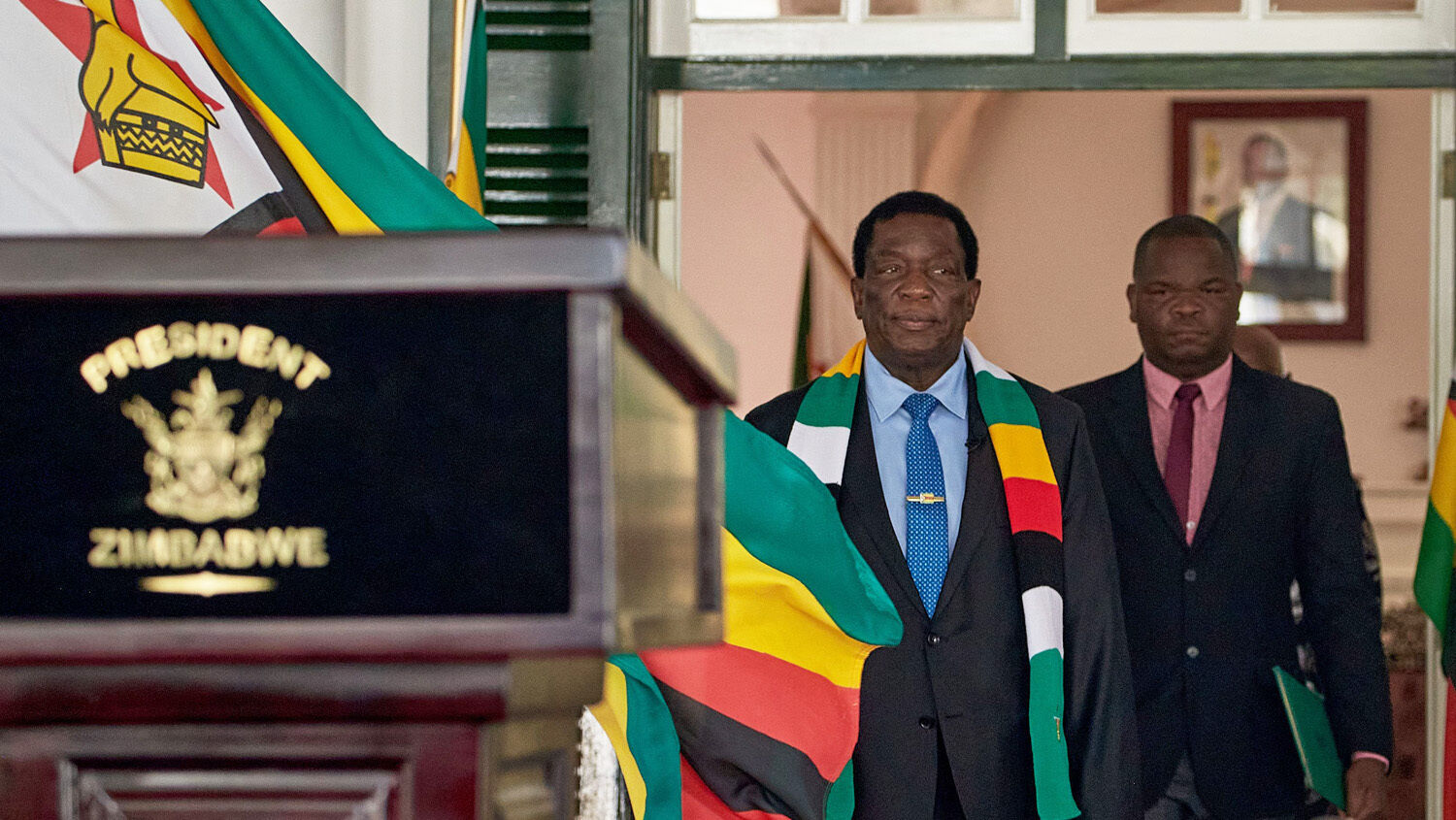
Zimbabwe Elections: The Anatomy of a Steal
The polling stations were supposed to open by 7 a.m. Zimbabweans were queued up, ready to vote. It had been five years since the last presidential election. They were ready and eager to cast their ballots.
The problem was, there wasn’t any ballot paper.
7 a.m. came and went. Only 23 percent of the polling stations in Harare, the capital city, opened on time on August 23. The Zimbabwe Electoral Commission blamed court delays.
The commission had five years to prepare for the election. They were actively involved in preparations for the last three months. And when the time finally came, the ballot papers were missing in urban areas primarily, the opposition party strongholds.
To even the most casual observer, this was a highly suspicious irregularity. But it wasn’t the only one:
- The Constitution was amended to allow vote-counting to take up to five days instead of one.
- The late arrival of ballot paper meant over 40 wards across Harare started casting and counting ballots in the dead of night.
- Nomination fees for candidates were suddenly raised from $1,000 to $20,000.
- Undercover police disrupted opposition member rallies and intimidated voters.
- Some journalists covering polling stations were sent away by police.
Voters were unmoved. One man who had been waiting all day told reporters, “We are not going anywhere. This is what we came for. We waited for five years, so we’re patient enough. We will sleep here if we have to.”
This bullish attitude encapsulated the mindset of the average voter. By now, most Zimbabweans know that zanu-pf, the party of Robert Mugabe and Emmerson Mnangagwa, has been rigging elections for the last three decades.
But this time felt different. Voters refused to be disheartened by all the underhanded tactics. Many built bonfires outside polling stations, waiting for the chance to vote. And early reports were promising.
Yet on August 26, the Zimbabwe Electoral Commission and the national media announced that Mnangagwa and zanu-pf won the election.
Election observers from the European Union and across Africa found that some aspects “fell short of the requirements of the principles of free and fair elections,” concluding that “if the process is flawed, then the result cannot be legitimate.”
zanu-pf systematically disrupted ballot distribution, intimidated voters, waved away the press, and tried to outprice candidates from achieving nomination.
They won—not despite all of that, but because of it.
That’s not to say that nobody voted for zanu-pf. Though most of the country is frustrated by high inflation, unemployment and the shortage of basic goods and services, some credit the ruling party with achieving land reform and bringing independence.
But there aren’t enough of them to bring zanu-pf to power without rigging the election.
Zimbabwe is a young country. Formerly Rhodesia, Zimbabwe was born in 1980 after years of guerrilla warfare in a bid for independence. The black majority, finally allowed to vote, overwhelmingly supported Mugabe’s zanu-pf party.
Things went well in the beginning. Zimbabwe was riding the wave of Rhodesia’s superlative economic prosperity. But a few years in, the progress slowed and soon the country began to regress. Political violence, corruption, disastrous economic policies, poverty and rampant disease became the new normal.
Somehow, zanu-pf continued to win elections. Whispers of fraud and election fixing were silenced by waves of brutality. Meanwhile, with each passing election, the ruling party continued to perfect the mechanisms to rig elections.
Forty-three years later, zanu-pf is still the only ruling political party Zimbabweans have ever known.
On August 23, Zimbabweans took to the polls to vote, once again hoping for change. Initial reports sounded positive. But that hope quickly turned to ash.
Mnangagwa won the presidency with 52 percent of the vote. It’s hard to believe that zanu-pf will ever relinquish power.
They have mastered the art of the election steal.
They started stealing elections long ago. But there was just enough doubt and skepticism to prevent Zimbabweans from doing anything about it. Now it’s too late.
Perhaps Zimbabwe’s first-ever election was its only legitimate one. Maybe the second was too. But Zimbabweans have never really known free and fair elections. They’ve never really known freedom.
That’s why they can’t fight against the election steal. It’s why there are rigged elections in many Third World countries.
And that’s what makes America different. The radical left is attempting to institutionalize the election steal. It wants to make that the new normal.
But there are people who know better. There are people who know America’s history, who know their freedoms. They know the vision the Founding Fathers had for this country, the Constitution they drafted, and the system of government they put in place. There are people like Benjamin Franklin who knew that the United States is “a republic, if you can keep it.”
The radical left wants to do in America what zanu-pf did in Zimbabwe: normalize the election steal so Americans never know any other ruling party.
But there are people who know that to keep this republic, they have to fight against the forces trying to take over their country. It’s impossible to accidentally stop an election steal. It will only happen if people, like Donald Trump, are “Ready for War.”
